Former Nigerian midfielder Femi Ajilore has shared his insights on the Super Eagles’ recent performances in the AFCON qualifiers, their prospects for the upcoming World Cup qualifiers, and the team’s overall trajectory.
Ajilore, a tenacious midfielder and member of Nigeria’s silver-winning squad at the Beijing 2008 Olympic Games, expressed confidence in the Super Eagles’ ability to qualify for the 2026 World Cup. He emphasised that achieving this goal would depend on the technical team’s ability to make the right selections and employ effective tactics.
In an exclusive interview with PREMIUM TIMES, Ajilore offered a frank evaluation of the team’s strengths and areas needing improvement, highlighting the importance of strategic planning to secure future success.
 Femi Ajilore (PHOTO CREDIT: @femfemo)
Femi Ajilore (PHOTO CREDIT: @femfemo)Excerpts…
PT: Now that the Super Eagles have qualified for the 2025 AFCON, what’s your assessment of the team’s performance in the qualifiers?
Ajilore: Well foremost, I will congratulate us, the Super Eagles and Nigeria, for qualifying for the Nations Cup. Even though the mode in which we qualified, I don’t want to use the word “wasn’t justified well,” but all the same, in football, sometimes you might play badly and you get to win. Winning is all that matters. On that note, I will congratulate us.
However, we should look beyond qualifying alone because we qualified, and we are not just going there for qualifying sake. Nigeria is known as one of the football giants in Africa, if not the first, and we qualified. I believe we must aim to win the cup. That leads us to the question of the way we are playing. Can we actually win the cup? This is where the challenges are.
From the last game that we saw, you can agree with me that it wasn’t good enough when you look at the history of Nigeria in terms of football. I believe a lot has been learned, and I’m also hoping that some of those irregularities will be taken out, and many things we have learned from the game will be readjusted so we can have a formidable team that can go all the way and do the country proud and, of course, themselves.
Nigerians need credible journalism. Help us report it.
Support journalism driven by facts, created by Nigerians for Nigerians. Our thorough, researched reporting relies on the support of readers like you.
Help us maintain free and accessible news for all with a small donation.
Every contribution guarantees that we can keep delivering important stories —no paywalls, just quality journalism.
PT: Speaking as a former player, before that game (against Rwanda), the Eagles had already qualified. Did it affect how they played psychologically, or were they just not disciplined?
Ajilore: I don’t think it’s normal, and I won’t say it’s indiscipline. There are many things that I think are attached to it. One thing from the players’ angle is that you don’t want to go into any game with the intention of not winning or not giving your best. Every player will think, “I want to go in, make myself proud, and make my family and country proud.”
It’s another thing when you are coming together because football is a team game and not an individual game. So, when you come together as a team, there must be that same mentality, and once that mentality is not there, it’s expected of the management, the coaching staff, to bring back that mentality into the team so that the team is on the same page with the coaching staff.
Because the coaching staff know what Nigerians are yearning for, and, of course, that is why they are there so that they can meet up to the yearnings of Nigerians.
Nigerians want to see good football; they want to see Nigeria win. These are part of the responsibility of the coaching staff so that they can impact those players and let them know that we have to go into this game with the belief and determination that we are going to win.
Unfortunately, we have not seen that enough. That was the reason I said it’s not about qualifying alone, but what happens after qualification? What are the beliefs of Nigerians? Do we trust in the team? Do we trust their ability? There are many questions like that.
Back to your question, it is not indiscipline by the players, and this is the area where the coaches, too, will check if there are players that are showing such characters. That is why they are there to caution and to correct and to impact the right spirit in the team.
 Augustine Eguavoen
Augustine EguavoenPT: Before the last match, people were saying there’s no need for a foreign coach and that we should stick to this coaching crew. But after the Rwanda game, the music has changed. Do you think we need some shuffling or should we stick to what we have?
Ajilore: My suggestion… it’s sad, actually, to see what has happened because I also craved for our Indigenous coaches because I believe we have coaches who have what it takes to lead the Eagles based on what we have seen from many of them.
But if people you trust are not living up to expectations, then people will start questioning your beliefs, and that is what is happening. Just like what you have said. For me, I still believe in our indigenous coaches. Sometimes, in football, we must understand that everybody wants to win, and in the process of trying to win, sometimes what you don’t expect happens, but that shouldn’t stop our belief.
The only thing we can do is try to improve and invest more in our Indigenous coaches so that we can continue to believe and rely on their performance. For me, we have had many foreign coaches, and if you look at history, you will agree with me that some of our indigenous coaches have done so well as well. Why can’t we invest on our own too so that we can get a better result in the future?
PT: With the AFCON qualifiers concluded, Nigeria faces a challenging World Cup qualifying campaign. We may need to win all our games to stand a chance. How optimistic are you?
Ajilore: Honestly, our recent performance raises concerns about our ability to qualify. However, Nigeria’s never-say-die spirit keeps us hopeful. We must approach every game with utmost seriousness, avoiding the costly mistakes that have plagued us. The players, coaching staff, and fans are aware of the task ahead. While it’s possible to succeed, it’s not just about rhetoric; our actions will determine our desire to qualify.
PT: A team’s foundation starts with player selection. Do you think the coach can improve on recent invitations?
Ajilore: This is a technical aspect that requires careful consideration. For continuity, we have players performing well at their clubs, but others are not regulars. Our FA must bridge this gap by identifying the best players currently performing well at their clubs. If we don’t bring our best, we’ll struggle to achieve the desired results. The FA’s technical expertise is crucial in selecting players who can merge seamlessly with the existing team, ensuring harmony and cohesion.
PT: The last time I saw you, you were part of the Abuja FA. What are you involved in now?
Ajilore: I’ve been quite busy. As a member of the FCT Football Association, I’ve been privileged to contribute to the growth of football in Abuja. If you’ve been following our activities, you’ll notice that we’ve been vibrant in promoting football development in the territory.
Notably, we’ve had a successful FCT League, which has served as a platform for discovering talented players to represent the state in upcoming national festivals. As the Chairman of the Grassroots Football Development Committee, I’ve been instrumental in driving initiatives that foster youth football development.
One of our flagship programmes is the Kids Soccer League, which encourages active participation in sports among youngsters. This year, we’ve had exciting competitions, with N-youths emerging as champions in the Under-8 category and Faith Family winning the Under-15 title.
These initiatives not only help develop their passion for football but also provide a platform for them to gain recognition and potentially catch the attention of national underage coaches.
I’ve been enhancing my coaching skills through various programmes. I’m proud to say that I’m now a certified coach, and my involvement with the Olympic Committee has opened doors to international programmes and networking opportunities. I’m committed to continually seeking knowledge and wisdom to contribute meaningfully to the growth of football in Abuja and Nigeria at large.
 Gift Atulewa
Gift AtulewaPT: Your ex-teammate Gift Atulewa recently passed away. What’s your tribute to him?
Ajilore: Losing a colleague is always devastating. Gift was a talented player who represented Nigeria well. His passing highlights the need for better welfare programmes for ex-athletes and footballers. As a colleague, I empathise with his family, who must be going through a difficult time. We’ve lost a gem who could have contributed more to Nigerian football as a coach. Unfortunately, we lack comprehensive programmes for athletes’ post-career welfare. My condolences to his family; may God comfort them and grant them the strength to bear this irreparable loss.
Support PREMIUM TIMES' journalism of integrity and credibility
At Premium Times, we firmly believe in the importance of high-quality journalism. Recognizing that not everyone can afford costly news subscriptions, we are dedicated to delivering meticulously researched, fact-checked news that remains freely accessible to all.
Whether you turn to Premium Times for daily updates, in-depth investigations into pressing national issues, or entertaining trending stories, we value your readership.
It’s essential to acknowledge that news production incurs expenses, and we take pride in never placing our stories behind a prohibitive paywall.
Would you consider supporting us with a modest contribution on a monthly basis to help maintain our commitment to free, accessible news?
TEXT AD: Call Willie - +2348098788999







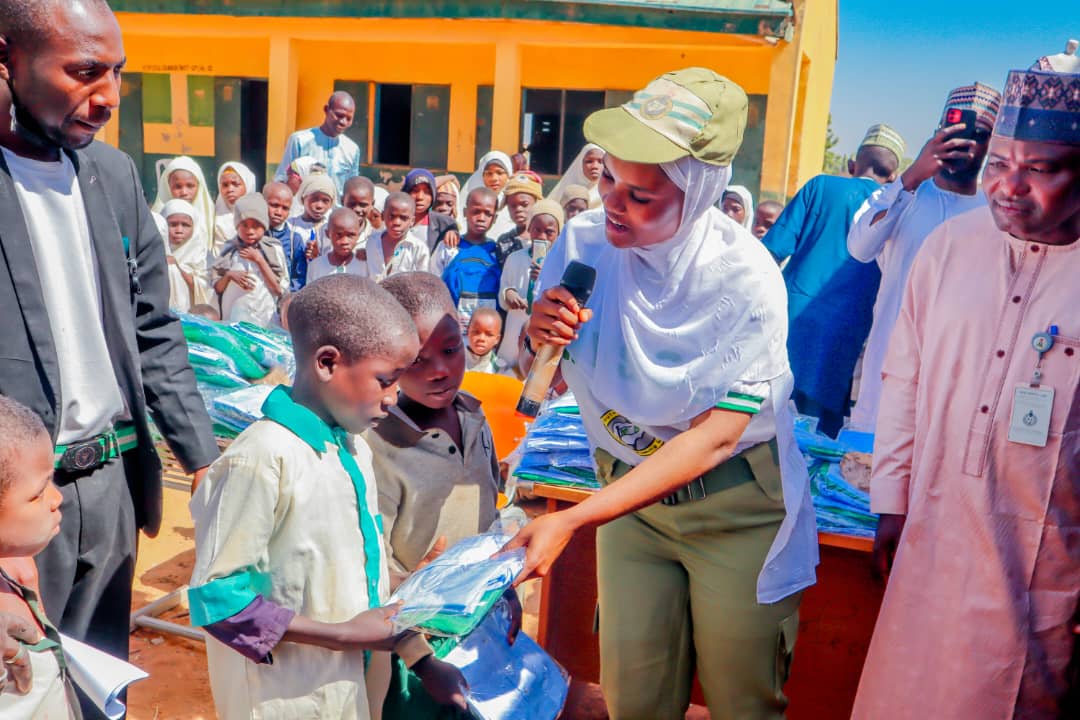
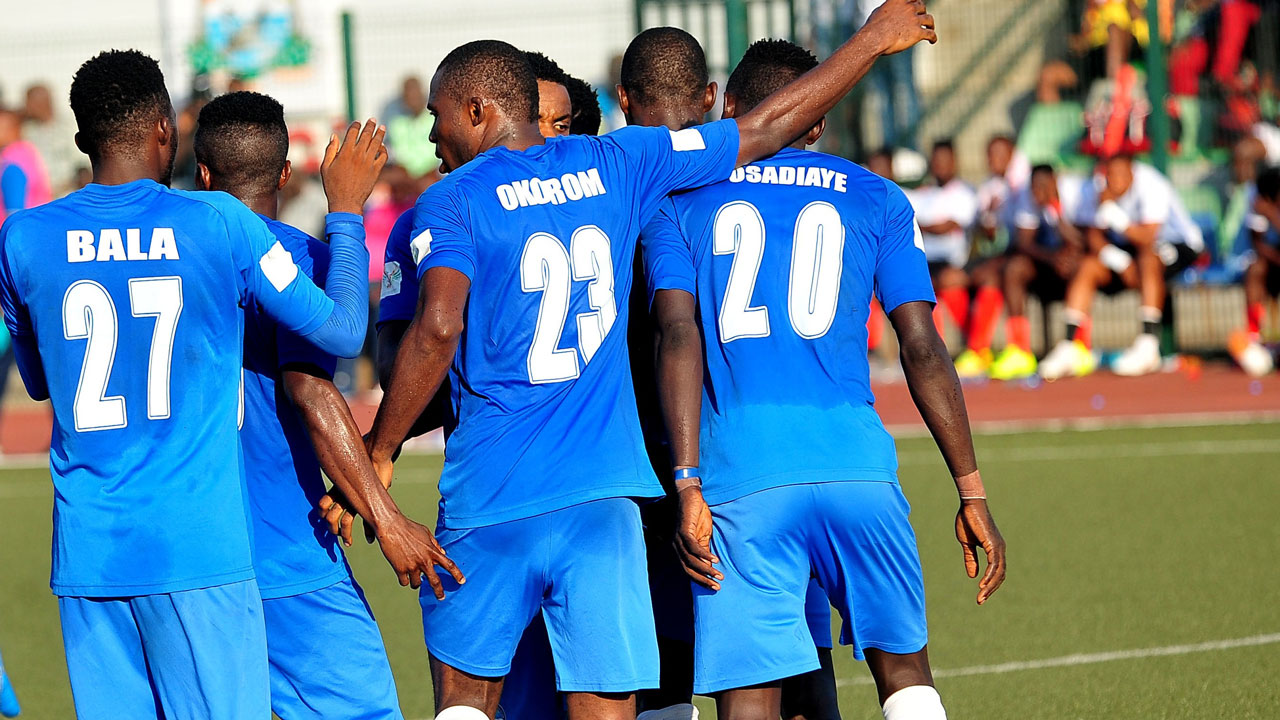
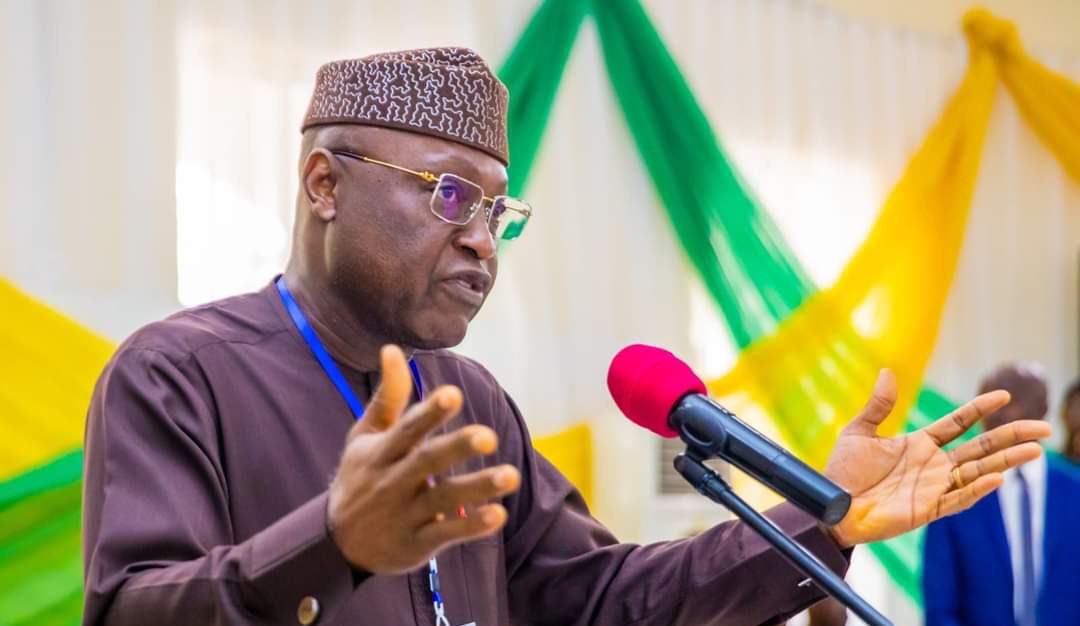

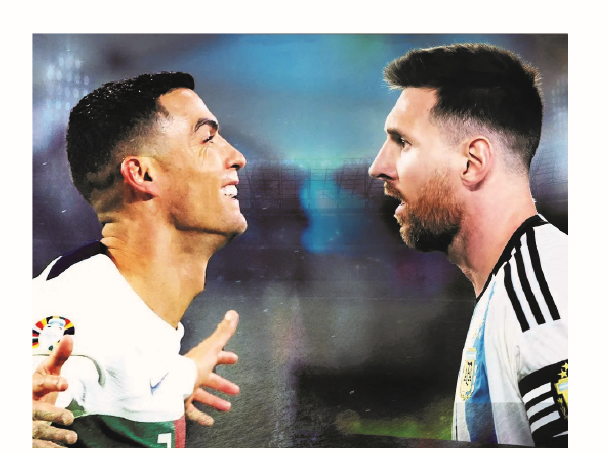

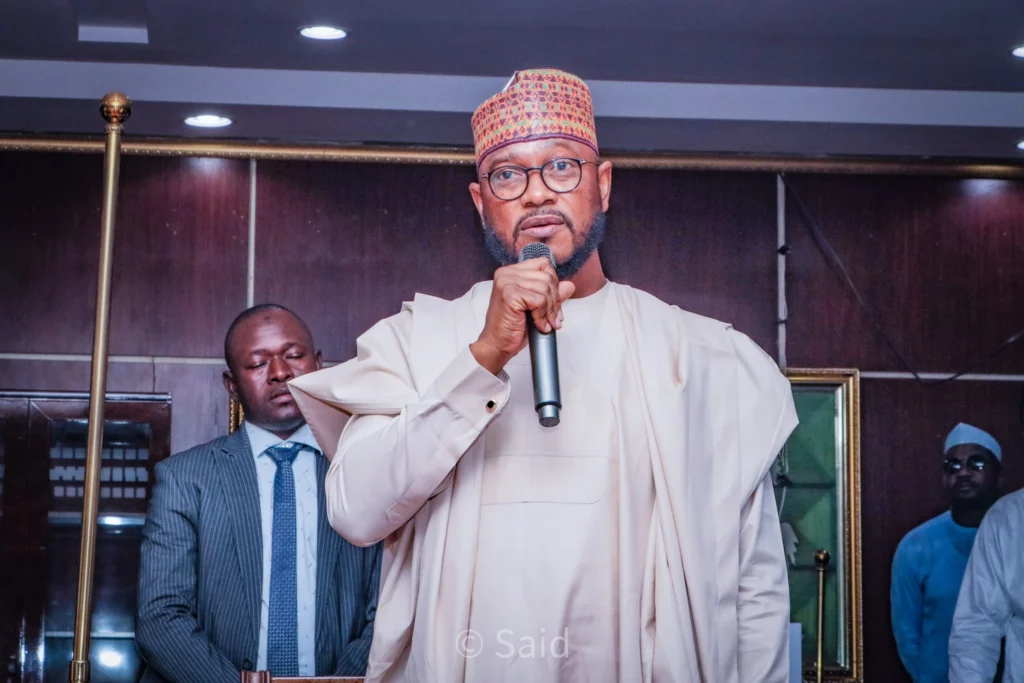

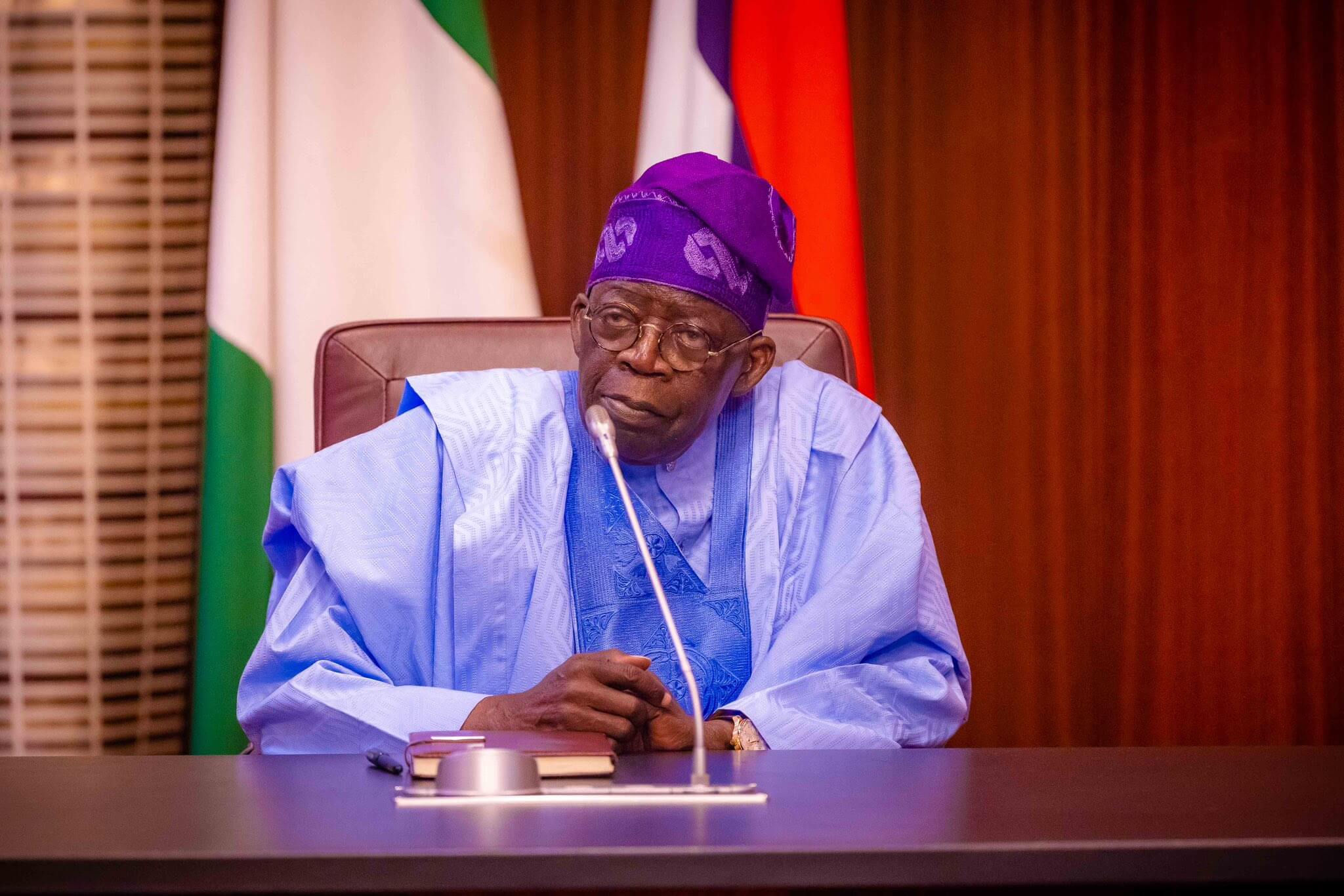

 English (US) ·
English (US) ·